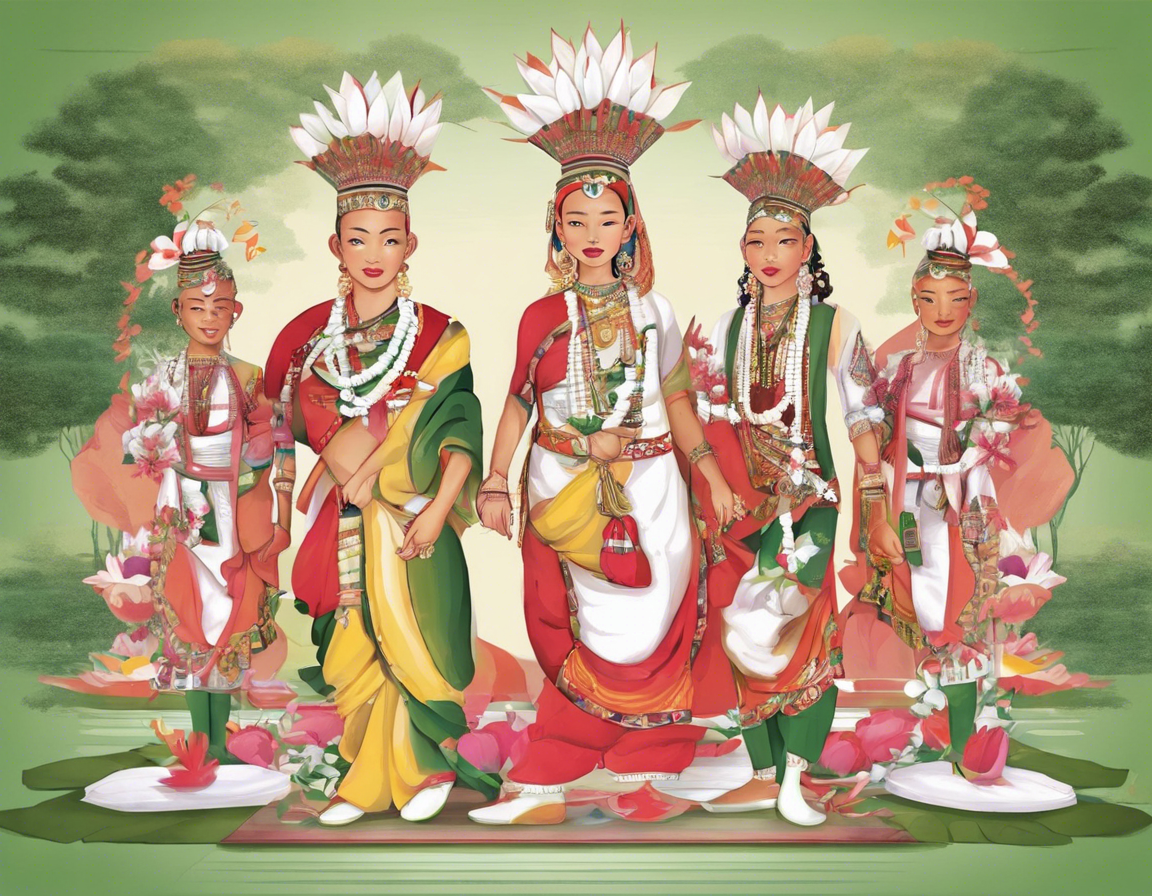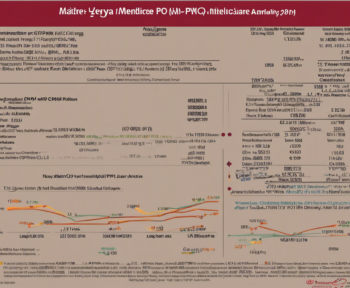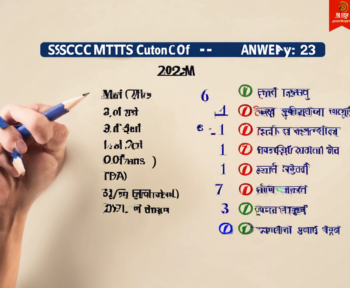Introduction:
Celebrated on January 21st each year, Manipur Day holds great significance in the history and culture of the northeastern state of Manipur, India. This day commemorates the state’s merger with the Indian Union in 1972, marking a pivotal moment in its journey towards development, progress, and preservation of its rich cultural heritage. Manipur Day is not only a celebration of political significance but also a time to showcase the unique traditions, art forms, and ethnic diversity that define Manipur’s identity.
History and Significance:
Manipur has a rich history dating back centuries, with a legacy of indigenous kingdoms, warrior clans, and cultural exchanges. The state’s merger with India in 1972 followed years of political struggle and negotiations, resulting in the formal integration of Manipur into the Indian Union. Manipur Day symbolizes the unity and solidarity of the people of Manipur with the larger Indian nation, while also recognizing the distinctiveness of its cultural practices and traditions. It is a day to reflect on the past, celebrate the present, and envision a future that honors both the state’s heritage and its aspirations for progress.
Cultural Celebrations:
Manipur Day is marked by vibrant cultural celebrations that showcase the diversity and creativity of Manipuri arts. Traditional dance performances, music concerts, theater showcases, and craft exhibitions are organized across the state to highlight the unique talents of Manipuri artists and artisans. The rhythmic movements of Ras Leela dances, the melodious tunes of Nongmaithem music, and the intricate designs of Ningthouja handloom textiles captivate audiences and reinforce the cultural pride of the Manipuri people. These celebrations not only entertain but also educate and inspire the younger generation to cherish and carry forward their heritage.
Heritage Preservation:
In addition to the festivities, Manipur Day also serves as a reminder of the importance of preserving and promoting the state’s cultural heritage. Efforts are made to document, safeguard, and revitalize traditional art forms, languages, rituals, and knowledge systems that are integral to Manipuri identity. Cultural institutions, community organizations, and government initiatives work together to create awareness, provide training, and support the livelihoods of artists and artisans engaged in perpetuating these heritage practices. By investing in heritage preservation, Manipur aims to ensure that its rich cultural legacy continues to thrive and resonate with future generations.
Tourism and Outreach:
Manipur Day is also an opportunity to promote tourism and showcase the state’s scenic beauty, eco-tourism potential, and adventure offerings. Tourist attractions such as the Loktak Lake, Keibul Lamjao National Park, Kangla Fort, and Shirui Lily Festival draw visitors from around the world to experience the natural wonders and cultural richness of Manipur. Travel packages, cultural tours, and hospitality services are enhanced during this time to welcome tourists and expose them to the unique charms of Manipuri hospitality. By boosting tourism, Manipur not only generates economic benefits but also fosters cross-cultural exchanges and global connections that enrich its heritage.
Future Prospects:
As Manipur commemorates each Manipur Day, it looks towards a future that balances development with cultural preservation, economic growth with social equity, and global integration with local empowerment. The state’s youth are harnessing technology, entrepreneurship, and education to carve out new pathways while staying rooted in their traditions and values. By embracing innovation, sustainability, and inclusivity, Manipur aims to position itself as a dynamic hub of creativity, resilience, and harmony that upholds the spirit of Manipur Day throughout the year.
FAQs:
1. What is the origin of Manipur Day?
Answer: Manipur Day commemorates the merger of Manipur with the Indian Union on January 21, 1972, marking a historic event in the state’s history.
-
How is Manipur Day celebrated?
Answer: Manipur Day is celebrated with cultural events, traditional performances, heritage exhibitions, and tourism promotions to showcase the state’s diversity and vibrancy. -
Why is heritage preservation important on Manipur Day?
Answer: Heritage preservation on Manipur Day ensures the continuity of traditional practices, art forms, languages, and rituals that define Manipuri identity and culture. -
What role does tourism play on Manipur Day?
Answer: Tourism is crucial on Manipur Day to promote the state’s attractions, generate economic benefits, and facilitate cultural exchanges with visitors from around the world. -
How does Manipur envision its future on Manipur Day?
Answer: Manipur envisions a future that blends development with cultural preservation, innovation with tradition, and global connections with local empowerment to sustain its unique identity and heritage.


